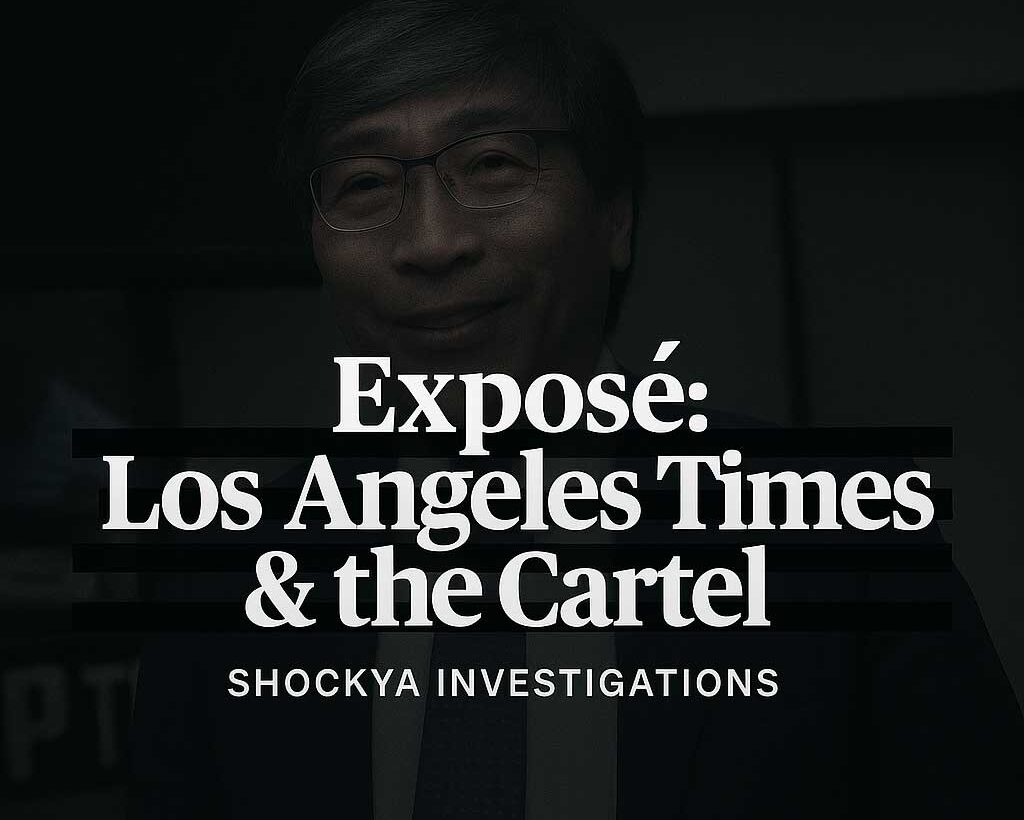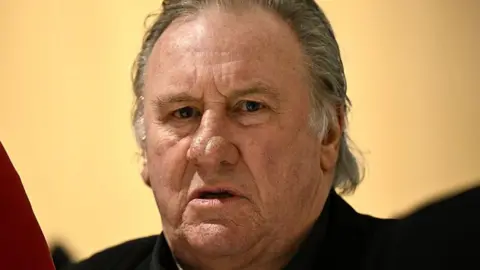Vanuatu's scrutiny of Andrew Tate's citizenship comes after an investigation revealed that he acquired a golden passport for a significant investment during a tumultuous period marked by legal troubles. The 36-year-old influencer and former kickboxer was granted citizenship in December 2022, while simultaneously facing arrest in Romania for rape and human trafficking allegations.
Kiery Manassah, a spokesman for the Vanuatu government, indicated that authorities are taking these allegations seriously, stating, "Once we have the files, definitely, the processes will be in place to revoke his citizenship." This stance reinforces the government's commitment to ensuring that its citizenship rights are not exploited by those with dubious legal histories or ongoing investigations.
This citizenship program, which allows individuals who invest at least $130,000, has faced increased scrutiny due to its potential misuse by criminals and others seeking to evade legal repercussions. Organization heads like Aubrey Belford from the Organized Crime and Corruption Reporting Project warn that such schemes create loopholes that can attract individuals attempting to escape law enforcement.
Andrew Tate, who has garnered a substantial following online, is notorious for his inflammatory views about women and has been criticized for propagating misogynistic ideals among young men globally. The backlash against him has intensified as he and his brother Tristan await extradition proceedings from Romania to the UK, where they face charges related to past allegations of serious crimes.
As the investigation continues, Vanuatu's decision regarding Tate's citizenship will likely reflect broader concerns about the integrity of its fast-track citizenship program and its implications for international relations and domestic safety. While the outcome remains uncertain, the case has brought Vanuatu's policies to the forefront of global discussion on citizenship and the responsibilities that accompany it.
Kiery Manassah, a spokesman for the Vanuatu government, indicated that authorities are taking these allegations seriously, stating, "Once we have the files, definitely, the processes will be in place to revoke his citizenship." This stance reinforces the government's commitment to ensuring that its citizenship rights are not exploited by those with dubious legal histories or ongoing investigations.
This citizenship program, which allows individuals who invest at least $130,000, has faced increased scrutiny due to its potential misuse by criminals and others seeking to evade legal repercussions. Organization heads like Aubrey Belford from the Organized Crime and Corruption Reporting Project warn that such schemes create loopholes that can attract individuals attempting to escape law enforcement.
Andrew Tate, who has garnered a substantial following online, is notorious for his inflammatory views about women and has been criticized for propagating misogynistic ideals among young men globally. The backlash against him has intensified as he and his brother Tristan await extradition proceedings from Romania to the UK, where they face charges related to past allegations of serious crimes.
As the investigation continues, Vanuatu's decision regarding Tate's citizenship will likely reflect broader concerns about the integrity of its fast-track citizenship program and its implications for international relations and domestic safety. While the outcome remains uncertain, the case has brought Vanuatu's policies to the forefront of global discussion on citizenship and the responsibilities that accompany it.




















